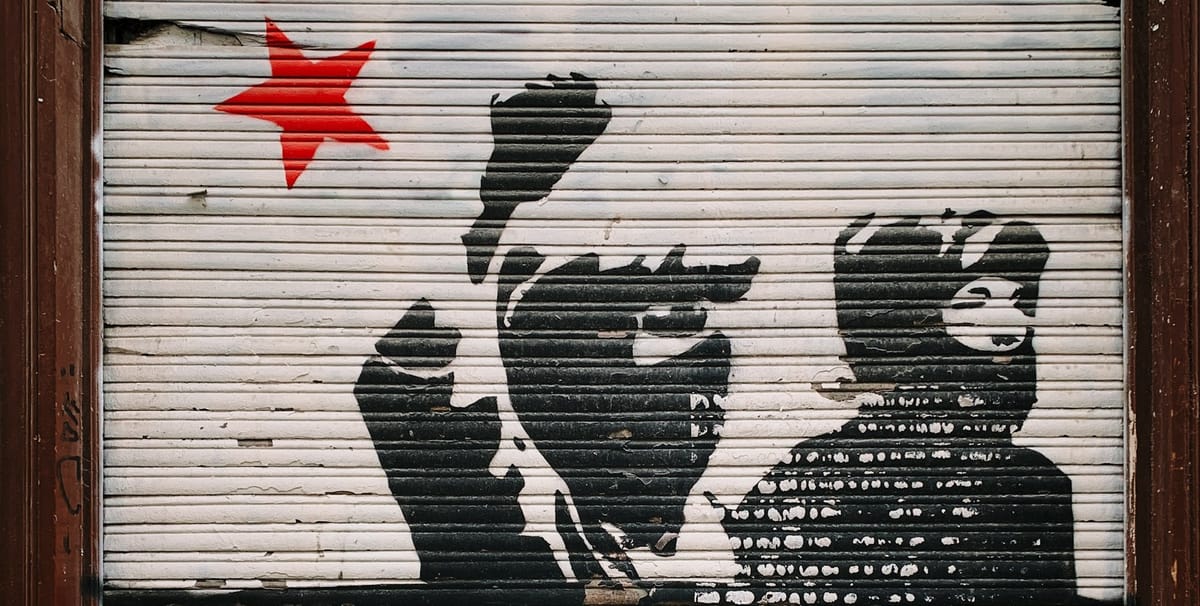The Recipe of Regime Change

The political landscape is a dynamic canvas, perpetually reshaped by the currents of public opinion and the tectonic shifts of societal evolution. While there are various ways for change to occur, including the use of force, the most subtle procedure would be that of swaying public opinion.
It is the most harmless way for an external force to intervene in a region's power structure, because there is always an element of plausible deniability for the intervener, while the victim country burns from its impacts. This is a universally applicable method for democratically manipulating the target country, and though it is a very long one, it can cause a long-lasting impact on any society's way of perceiving political events.
The Opposition's Initial Play
The first step involves critiquing every aspect of governance. A good opposition knows how much to criticize and, most importantly, when to criticize. Strategic criticism creates an image of maturity.
Controlled criticism, instead of constant aggressive denigration, naturally adds more weight to your argument and allows other politically neutral people to join the discussion. This is because occasional reviewing of stakeholders' actions strips your argument of any possibility of being politically motivated, and hence draws greater attention.
Case in point: The sudden change in Asaduddin Owaisi's behavior. The Islamic leader, despite spitting venom against Hindus, managed to win hearts by adopting a nationalist stand during the recent India-Pakistan skirmishes. The INDIA bloc leaders also played correctly by announcing unanimous support for the NDA government with regards to their action against Pakistan.
Providing an Alternative
While making any argument, the opposition should always present it as a genuine suggestion rather than aggressive defamation. In a country like India, where participating in the political sphere is an unpopular opinion among households, any seemingly neutral and simplified idea often catches people's attention rather than politically motivated arguments. This way, an ideal opposition delivers its ideology to the audience.
Consider the 'revival of Hindutva' during the Ram Janambhoomi Movement. Post-independence Nehruvian secularism was now challenged by the energetic resurgence of cultural nationalism. The movement to bring Ram Lalla home set the stage for the BJP-RSS to lead the front. Over time, this alternative to Nehruvian secularism gained significant popularity, eventually resulting in bringing the BJP to power in 2014.
Intellectuals
As the demand for dissent catches people's imaginations, the stakeholders are compelled to counter the narratives, thus playing on the opposition's turf, which may be uncomfortable for the leaders. Their counter-argument is distorted by the opposition to further erode credibility. To further strengthen their stand, the opposition cites many intellectuals who resonate with their political thoughts.
Philosophers, thinkers, and intellectuals have played historic roles in paving the way for a series of events that ultimately lead to the toppling of leadership. Philosophers have always attracted huge audiences because people always tend to seek "something new" at the top level. This tendency is always exploited by the opposition to induce dissent and exaggerate the element of incumbency.
Intellectuals satisfy this penchant and provide a layer of well-formulated ideas that the opposition adopts to gain credibility. This method of co-optation involves re-packaging historical concepts for modern use.
This phenomenon is evident when we examine the role of Veer Savarkar in the Indian political framework. His ideas of the Hindu Rashtra were effectively adopted by the BJP and presented as a solution to the growing unpopularity of Western ideals of secularism. The idea of Akhand Bharat was re-evaluated in the current political context, thus carrying legitimacy and historical validation.
Mobilisation
Along with citing the historical relevance of their ideologies, the opposition often emphasizes the notion of an ideal state of society that can be achieved by implementing these ideas. They draw people into believing that this is the only way forward, which is historically proven to be sound. Such hegemony mobilizes the audience for the so-called noble cause.
We often hear calls such as "Last Chance to Defend Democracy," "Save the Constitution," "Fighting Against Dictatorship," "Majoritarianism," "Islamophobic Government," etc., as elections draw closer. The idea of saving the country from falling into alleged dictatorship—and hence saving the Constitution—managed to reduce the ruling BJP to 240 seats in the 2024 Lok Sabha elections. The notion of a "Last Chance," layered with horrifying visuals of dictatorship and anti-minority violence, induces an urgency to act fast. Such incitements are always used as political tools to consolidate vote banks quickly.
Execution
Hardliners strengthen their leverage through emotional appeals. Leaders often tap into fear, patriotism, and nostalgia to polarize their supporters. These appeals make voters feel that they are fulfilling their sacred duty by following the path shown. These calls provoke the audience to rise to the occasion to bring about change. This "Change" may involve riots, coups, and insurgencies, as well as social reforms and electoral support, depending upon the popularity of democracy.
The atrocities committed by the Muslim League in the pre-partition era, especially the Noakhali Riots, were used to press for partition. The insurgencies in Jammu and Kashmir, the demand for Khalistan as a separate Sikh state, Nagaland demanding separate statehood for its 75% Baptist population, and the recent Manipur crisis evidently show the use of arms for change. Radical elements such as Amritpal Singh and Engineer Rashid winning elections despite being arrested under the NSA and UAPA demonstrate how democracy can also be weaponized to fulfill separatist interests.
Ultimately, leadership is bound to be overthrown, either by force or through elections, as society adopts a new ideology over the previous one, thus resulting in a fundamental evolution of thought.





